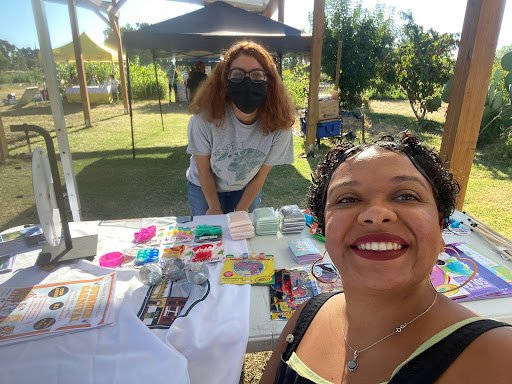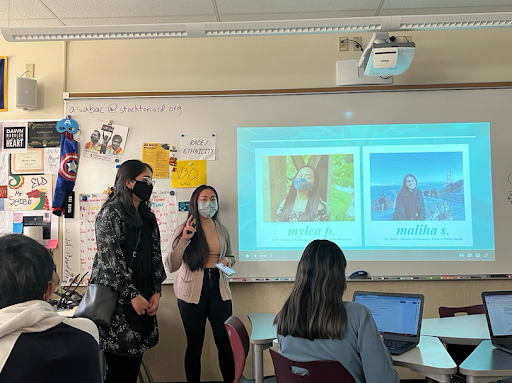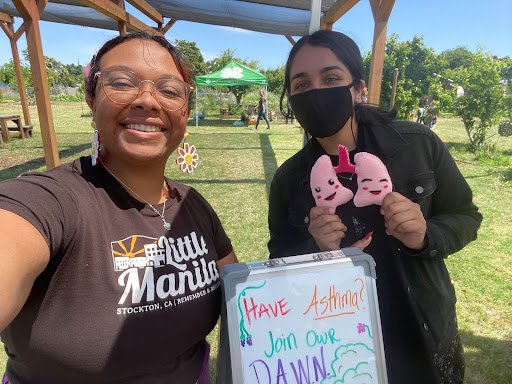The DAWN program (Decreasing Asthma Within Neighborhoods) started in July of 2020. DAWN was created with the intention to mitigate asthma in South Stockton at the intersection of Environmental Justice and Public Health through a Racial Justice lens. As we understand the complexities behind asthma, we hope to empower our South Stockton community by expanding their existing knowledge on asthma and engage them in social justice and advocacy to live longer and healthier lives.
All ages living in South Stockton are able to participate in the program at no cost to the community participant.
With our FREE asthma program community members will receive:
Physical or Virtual Home visits with our Community Health Equity Specialist
3 visits for adults 18+
5 visits for children under 18 yrs.
Asthma Education
Participants will learn about how asthma affects the body, medications, asthma triggers, and how to reduce triggers
Home Trigger Assessment
This helps the participant and the Community Health Equity Specialist identify asthma triggers within the home and begin identifying ways to reduce those triggers.
Tools to reduce asthma triggers
Cleaning bucket with natural and green cleaning products
Air purifier
Other tools that will be determined from the Home Trigger Assessment
Mitigation for liberation is vital to the DAWN program's mission. We do not view asthma as a fact of life, it is a chronic disease that has disproportionately impacted folks in South Stockton because of discriminatory and oppressive policy. Through the work of the Community Health Equity Specialist we provide asthma education and remediation to our community for a long term solution. In our attempt to move away from the standard model of Public Health which frames healthcare to be single service oriented we try to view the work through a wider and intersectional lens. Mitigation for liberation means that we do this work to uplift our community and better equip community members to be the advocates and the voice for change. For this reason we intentionally call the community members in our program Community Advocates rather than clients or patients.




